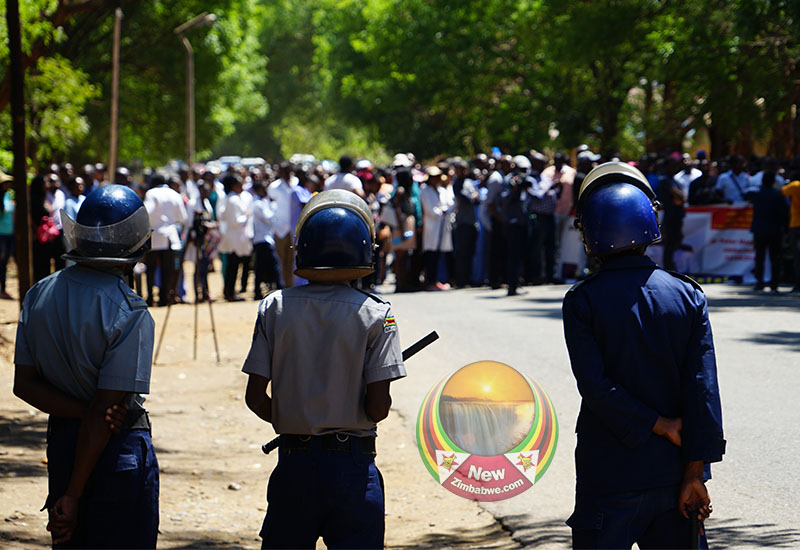So today I had to take my car for service. After dropping off my car I took a taxi to work from Karigamombe Centre. I then started the usual Zimbabwe conversation with the taxi driver about how ridiculous life has become in Zimbabwe with the cost of living shooting beyond the reach of many.
The taxi driver told me that 2008 seemed better for at least back then he could afford tea and maputi (popcorn) but now he cannot even afford that. For me, a Zimbabwean who was in the country in 2008 I could fathom the tragic sadness of my Taxi Driver’s assertion.
We continued the grim conversation and he then opened up to me that he had lost his mother two-weeks back. I expressed my utmost sadness upon hearing this news. He then explained how he carried his sick mother who was 87 years to West-end Hospital in his Taxi and arrive there at 10pm where he was told that the consultation fee was RTGS$800 (about US$50). After that they told him he needed to pay RTGS$2500 (about US$160) for his dying mother to be admitted for 2-days excluding any medication or procedures. He told them he did not have that kind of money and they referred to Parirenyatwa Hospital. The least paid Teacher in Zimbabwe is earning RTGS$1200 (US$80) per month. It was now 4am.
On his way to Parirenyatwa with his mother in the back of the car he narrated how she messed up the back seat and he had to clean up. Now in African tradition it is taboo for a male child to perform such duties for their own mother but he had no choice. He told me that this was the last service he did for her.
When they got to Parirenyatwa it took his mother 10-hours (3pm) to be admitted only then for them to be advised that the Doctors had gone on strike. His mother spent one week at Parirenyatwa with hardly any medical attention being given to her except some basic palliative care from the nurses. The nurses then advised him to take his mother home as there were no doctors available. He refused to do so initially but after four-days he saw that he had no choice but to comply.
From Parirenyatwa Hospital my taxi driver rushed his mother to Surburban Clinic where he found the admission costs to be unaffordable and in desperation he proceeded to Glenview polyclinic where they told him his mother needed to go to a General Hospital. It was futile to explain their one and half week ordeal at Parirenyatwa. My taxi driver then decided to try the second biggest State Hospital in Harare called Harare Hospital where he says they immediately put his mother on oxygen and he felt that they paid better attention to his mother’s condition.
The attending physician on seeing how much effort my taxi driver was exerting in trying to help his mother he gave him some ominous advice that he must be careful not to be finally disappointed. He says he later went to get some yogurt for his mother and fed it to her and then went home. While at home he received that dreaded call from the hospital informing him that his mother had passed away.
As I disembarked from that taxi my heart just sank. I could not find any words of encouragement to tell my taxi driver. It would have been an insult to tell him things were going to be well. I thanked him for the ride and we separated in silence. I thought to myself as I walked to my office: Is this the freedom that our forefathers fought so valiantly for? Is this the so-called Promised Land?






